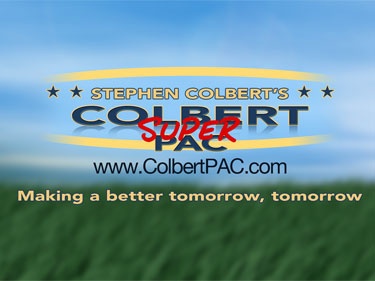How to rein in Big Money's influence?

This past weekend marked the two-year anniversary of Citizens United, the Supreme Court decision that loosened rules on corporate and union spending in elections. The moment pointed to two realities about the debate over Big Money in politics today.
First, the public is deeply uneasy about the growing influence of Big Money. A Democracy Corps/Public Campaign Action Fund poll last week found that 57 percent of the public think money has a negative influence on the political process, and eight in 10 voters say there is too much money spent on political campaigns.
The frustration with Big Money crosses the political spectrum. A trio of small business associations, for example, released a survey showing two-thirds of small business owners think Citizens United gives big corporations -- which have vast business treasuries at their disposal to inject into campaigns -- an unfair advantage.
Perhaps no one has done a better job to highlight the issue than comedian and South Carolina native Stephen Colbert, who has famously used his Super PAC to run ads blasting the secretive and unequal nature of big political spending. As he declared in a speech before the South Carolina primary:
The pundits have asked is this all some joke? And I say if... being allowed to form a Super PAC and collecting unlimited and untraceable amounts of money from individuals, unions and corporations and spend that money on political ads and for personal enrichment... If that is a joke then they are saying our entire campaign finance system is a joke.
But how to keep our democracy from becoming a punch line? In pushing back against the Supreme Court's decisions that expand the role of private interests in public elections, advocates are grouping into two broad reform camps, as Steven Rosenfeld describes at AlterNet.
One approach, championed by Rep. Donna Edwards (D-MD) and Sen. Tom Udall (D-NM), seeks to reclaim Congress' ability to set limits on political spending. Rep. Edwards' bill specifically prohibits corporate money for ballot initiatives. A more far-reaching proposal from Reps. Walter Jones (R-NC) and John Yarmouth (D-KY) also calls for spending limits, and also calls for public support for candidates to balance out corporate spending.
A second set of proposals goes even further, tackling the very idea that corporations are "people" deserving of free speech, which is how the Supreme Court has come to define campaign spending.
Move to Amend, a coalition supporting this approach, wants to amend the Constitution to strip them of personhood rights. U.S. Sens. Ted Deutch (D-FL) and Bernie Sanders (I-VT) have introduced bills -- with similar versions in the House -- that return such rights to "natural persons."
Aside from being a long-term campaign, this approach has one other vulnerability that would need to be addressed: As Rosenfeld notes, such measures could also apply to nonprofits (still technically "corporations") like the NAACP, which have depended on free speech rights in the face of government and public persecution.
One clear arena of action will remain vital: state-level reforms. Many of the available reforms, like North Carolina's "Clean Elections" program that offers matching funds to qualifying candidates, are still legal under current court rulings. State decisions can also force national debate, like the Montana Supreme Court's recent ruling that states have a compelling interest in reining in corporate spending.
Whether and how these different reform efforts will coalesce remains to be seen. But journalist Bill Moyers sees the rising attention to the issue -- and the willingness to act -- as a natural and inevitable response to Big Money's growing influence. As he writes in the forward to a new book by Jeffrey Clements, Corporations Are Not People:
Surrendering to plutocracy is not an option. Confronting a moment in our history that is much like the one Lincoln faced -- when "we can nobly save or meanly lose the last best hope on earth" -- we must fight back against the forces that are pouring dirty money into the political system, turning it into a sewer.
Tags
Chris Kromm
Chris Kromm is executive director of the Institute for Southern Studies and publisher of the Institute's online magazine, Facing South.
